Social reward
Recent articles
New test taps nose pokes as a proxy for social motivation in mice
Over one hour, a particularly motivated mouse poked its nose 350 times into a hole in the test chamber in the hopes of meeting a playmate.
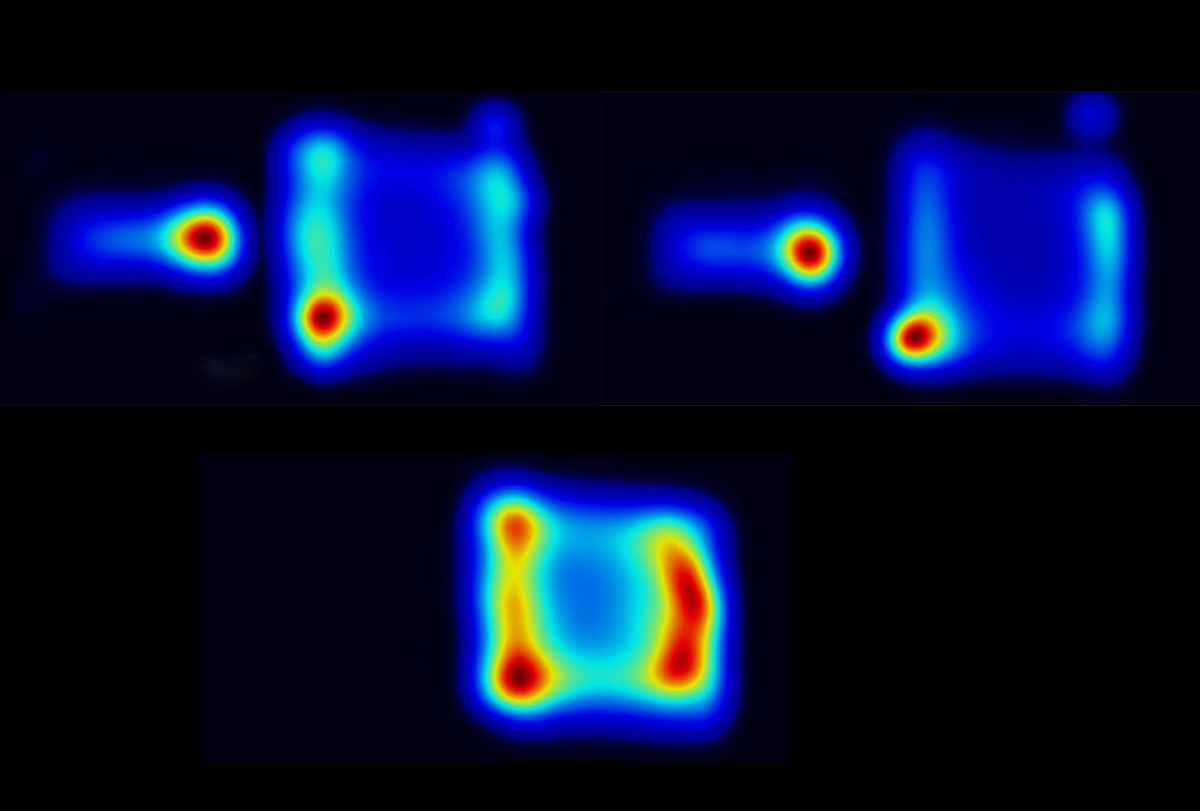
New test taps nose pokes as a proxy for social motivation in mice
Over one hour, a particularly motivated mouse poked its nose 350 times into a hole in the test chamber in the hopes of meeting a playmate.
Psychedelics give mice second chance to learn social rewards
The drugs may reopen a critical window during development in which the brain can more easily adjust its connections.
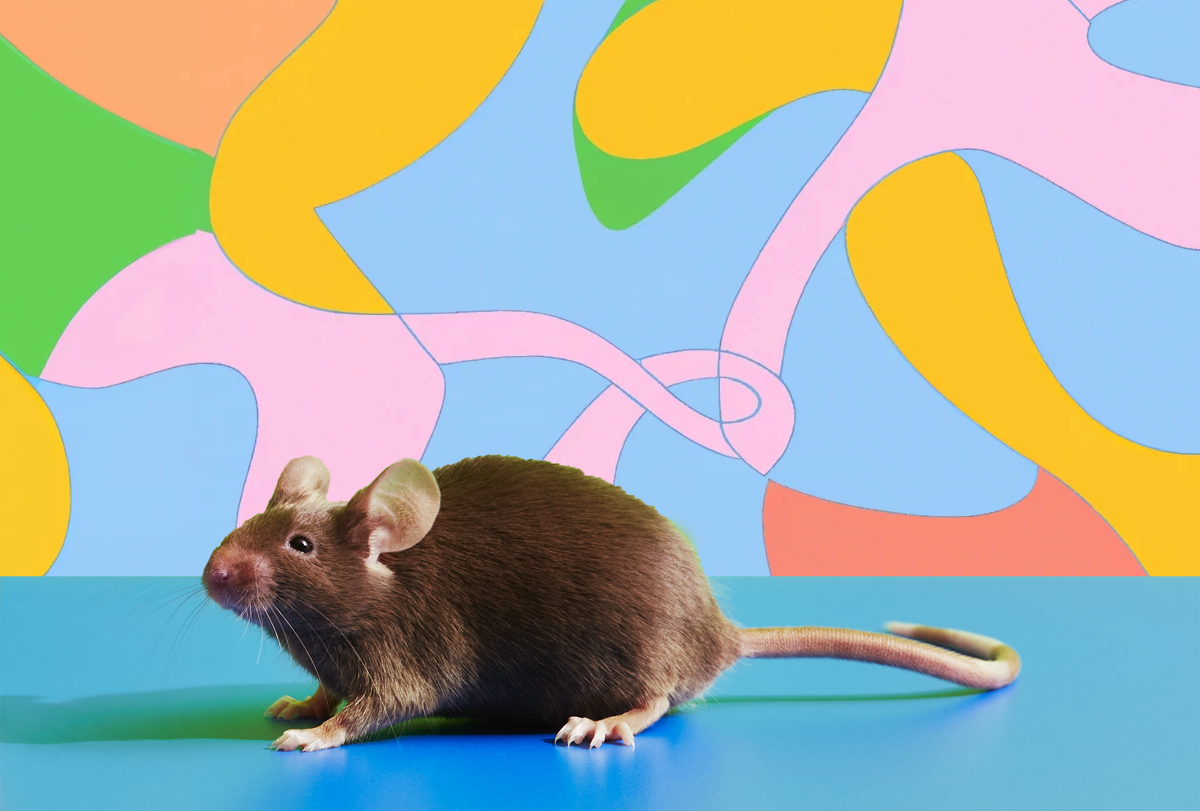
Psychedelics give mice second chance to learn social rewards
The drugs may reopen a critical window during development in which the brain can more easily adjust its connections.
Getting eight arms around autism
Octopuses can solve some of the same problems as people but do so in unusual ways.
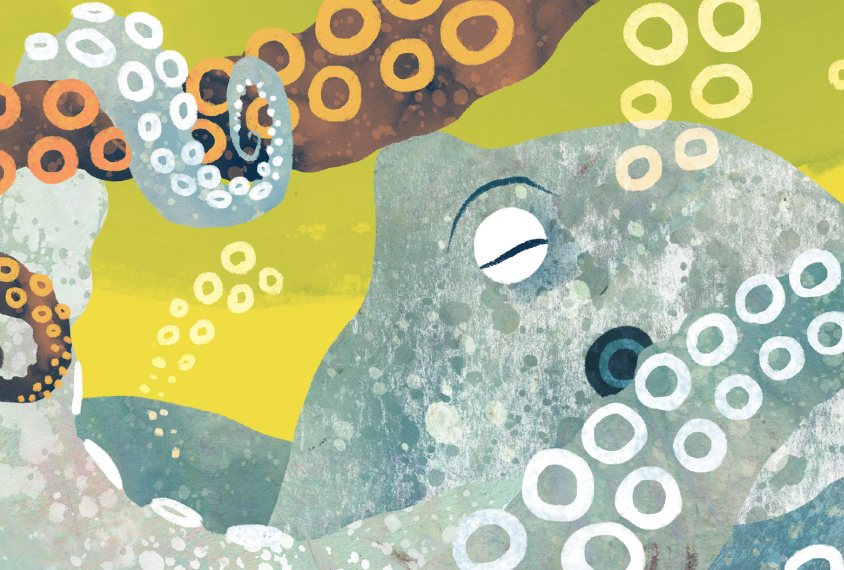
Getting eight arms around autism
Octopuses can solve some of the same problems as people but do so in unusual ways.
Drugs boost serotonin, socialization in multiple autism mouse models
The finding that MDMA and an experimental serotonin agonist increase sociability across six different model mice suggests that disparate autism-linked mutations converge on the same underlying pathways.
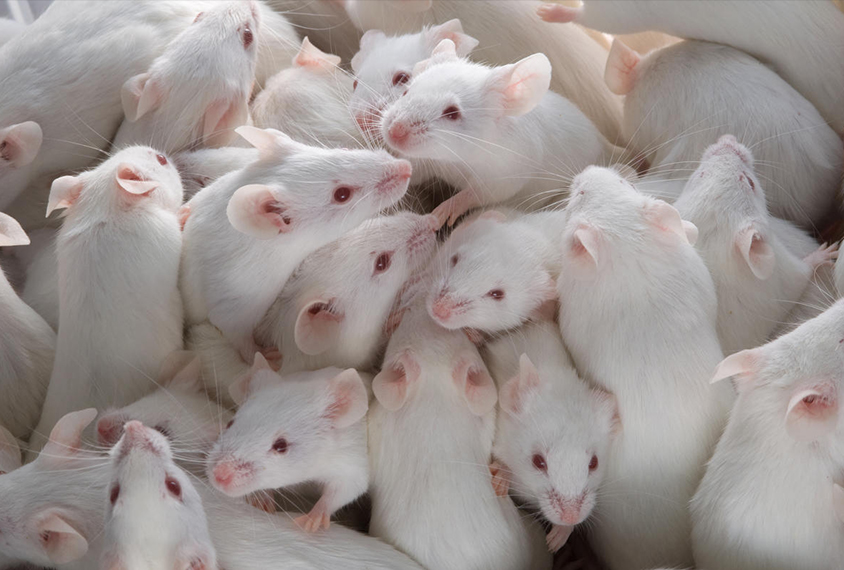
Drugs boost serotonin, socialization in multiple autism mouse models
The finding that MDMA and an experimental serotonin agonist increase sociability across six different model mice suggests that disparate autism-linked mutations converge on the same underlying pathways.
The benefits of special interests in autism
Researchers are studying how the intense passions of autistic people shape the brain, improve well-being and enhance learning.
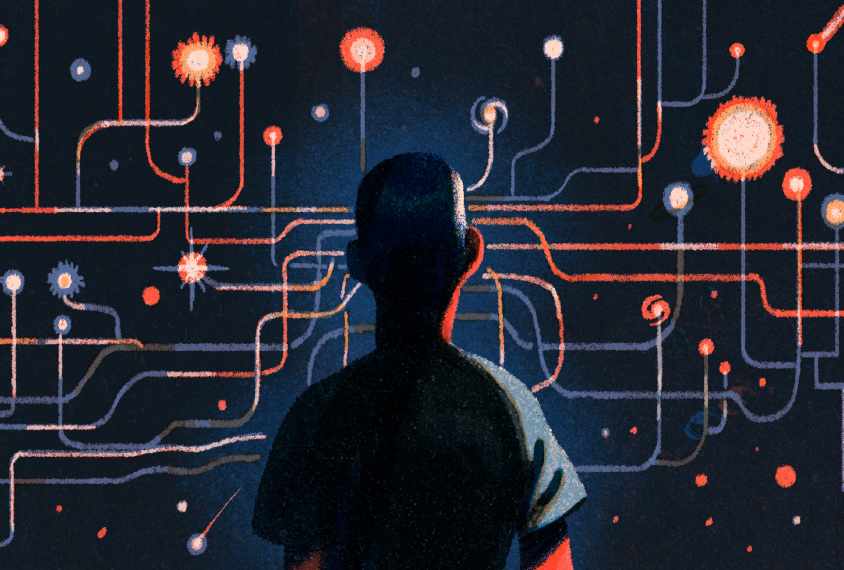
The benefits of special interests in autism
Researchers are studying how the intense passions of autistic people shape the brain, improve well-being and enhance learning.
Brain circuit makes social interactions rewarding, may be altered in autism
Blocking connections between the amygdala and hypothalamus prevents mice from finding social interactions as rewarding as they would otherwise.
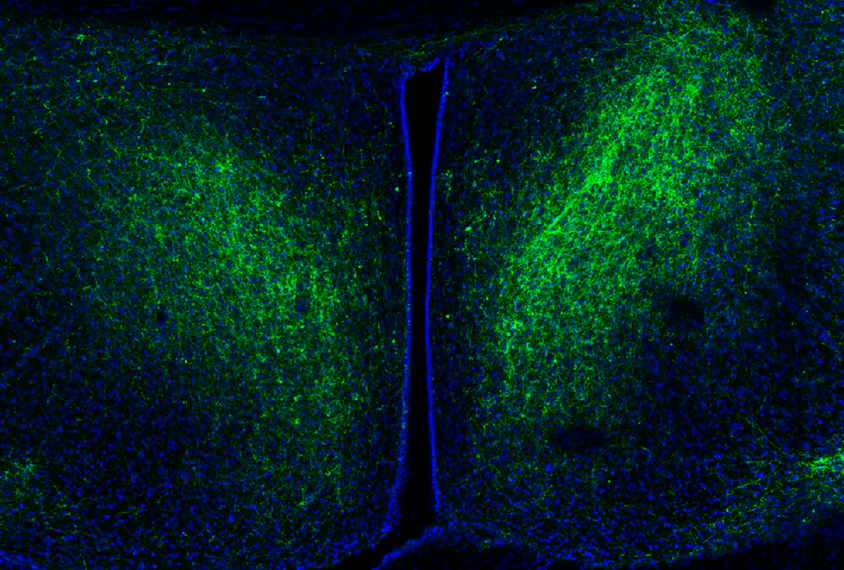
Brain circuit makes social interactions rewarding, may be altered in autism
Blocking connections between the amygdala and hypothalamus prevents mice from finding social interactions as rewarding as they would otherwise.
Dopamine neurons may dampen social behavior in mouse model of autism
Mice missing a copy of the autism-linked gene PTEN show a reduced preference for social interaction, possibly due to atypically large, overconnected dopamine neurons. Easing the overconnection may alleviate this trait.
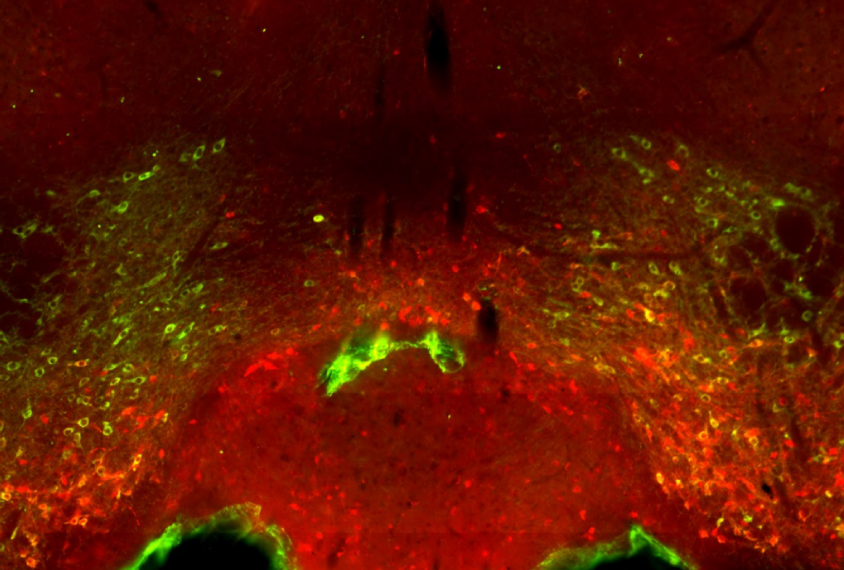
Dopamine neurons may dampen social behavior in mouse model of autism
Mice missing a copy of the autism-linked gene PTEN show a reduced preference for social interaction, possibly due to atypically large, overconnected dopamine neurons. Easing the overconnection may alleviate this trait.
Autism-linked gene exerts varied effects on oxytocin circuits in mice
Two types of neurons process social information, a new mouse study suggests, but only one is disrupted in mice missing the autism-linked gene FMR1.
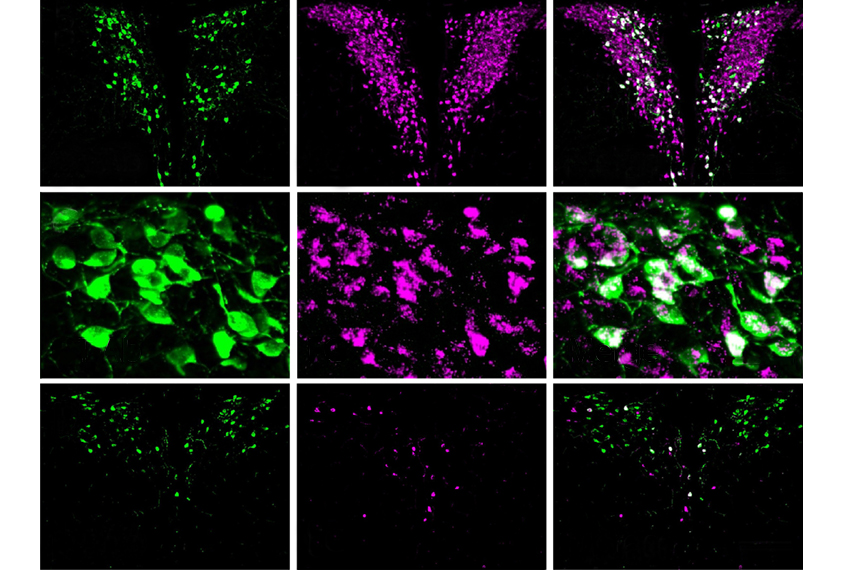
Autism-linked gene exerts varied effects on oxytocin circuits in mice
Two types of neurons process social information, a new mouse study suggests, but only one is disrupted in mice missing the autism-linked gene FMR1.
Social motivation predicts language skills in autistic children
The more children with autism tune in to and communicate with others as toddlers, the stronger their conversation skills are later in childhood.

Social motivation predicts language skills in autistic children
The more children with autism tune in to and communicate with others as toddlers, the stronger their conversation skills are later in childhood.
In search of ‘social’ subtypes of autism
Grouping autistic people based on their social abilities may reveal subtypes of the condition.
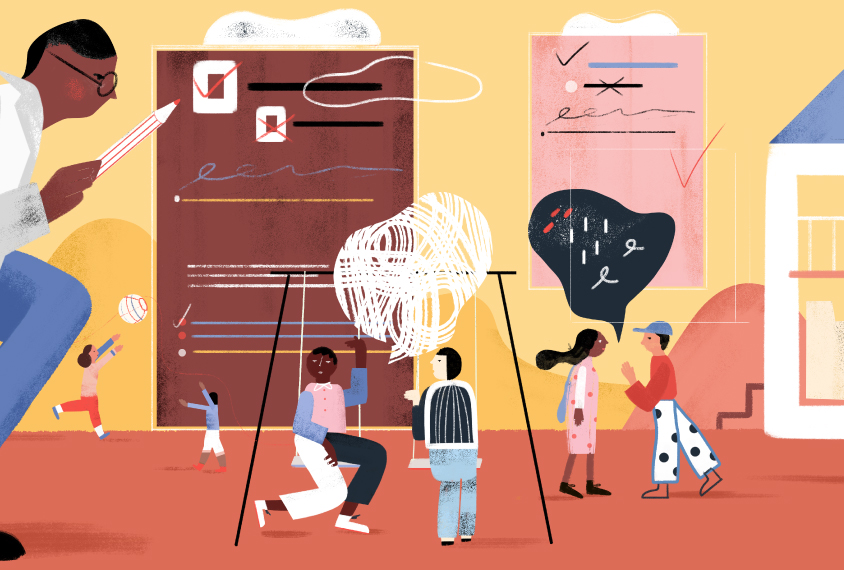
In search of ‘social’ subtypes of autism
Grouping autistic people based on their social abilities may reveal subtypes of the condition.
Explore more from The Transmitter
PTEN problems underscore autism connection to excess brain fluid
Damaging variants in the autism-linked gene cause congenital hydrocephalus—a buildup of cerebrospinal fluid in the brain—by turbocharging a downstream signaling pathway that promotes the growth of cells, according to a new study.

PTEN problems underscore autism connection to excess brain fluid
Damaging variants in the autism-linked gene cause congenital hydrocephalus—a buildup of cerebrospinal fluid in the brain—by turbocharging a downstream signaling pathway that promotes the growth of cells, according to a new study.
U.S. health agency purge includes 10 lab heads at National Institute of Neurological Disorders and Stroke
The reasons for selecting these researchers—who have led work on neuronal migration, dopamine receptors in neuronal signaling and the structure of ion channels, among other areas—remain unclear.
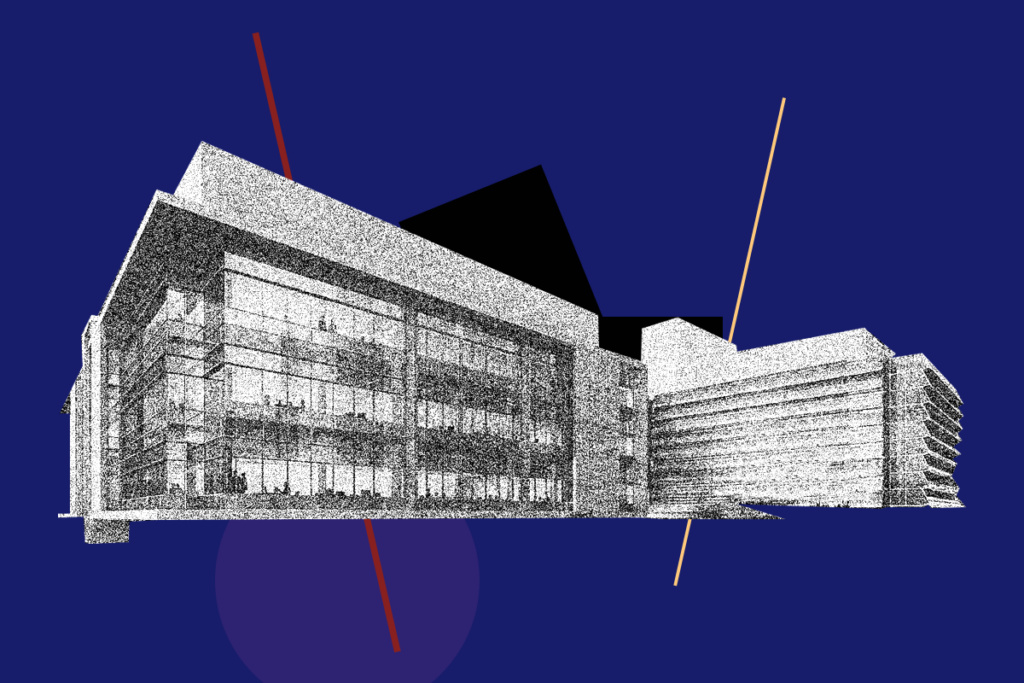
U.S. health agency purge includes 10 lab heads at National Institute of Neurological Disorders and Stroke
The reasons for selecting these researchers—who have led work on neuronal migration, dopamine receptors in neuronal signaling and the structure of ion channels, among other areas—remain unclear.
Five things to know if your federal grant is terminated
If you want to appeal the decision, know the rules that govern terminations, as well as the specific rationale given in your notice, science policy experts say.

Five things to know if your federal grant is terminated
If you want to appeal the decision, know the rules that govern terminations, as well as the specific rationale given in your notice, science policy experts say.